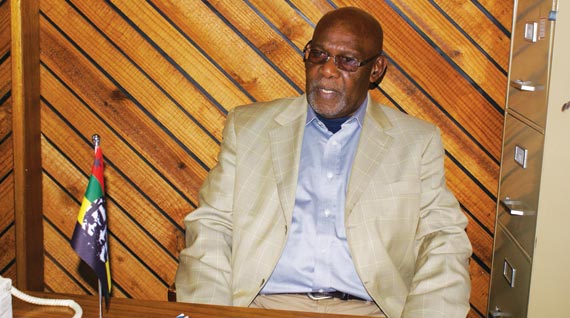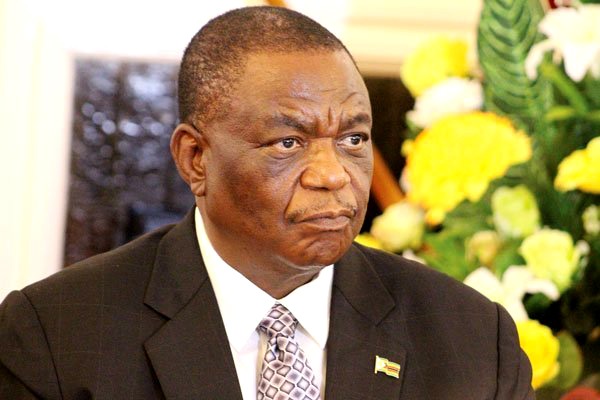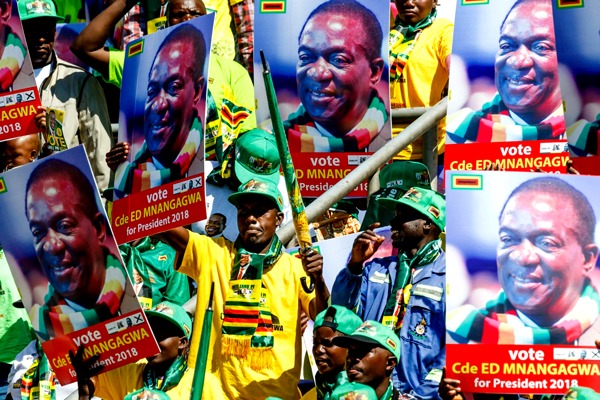
THE LANCASTER House compromise left us with vestiges of the colonial apparatus of repression (detention without trial, control of gatherings, monopoly of information dissemination etc) that was soon used to stifle political dissent and to consolidate power in the hands of Zanu PF, to create a virtual one-party state.

The monopoly of State power by Zanu PF and its coercive use resulted in Joshua Nkomo being forced to accept the so-called “Unity Accord” in 1987 and the swallowing of Zapu because he wanted to stop the killings of innocent people targeted by Gukurahundi.
As you all know or should, this campaign of terror was conducted by the 5 Brigade of the Zimbabwe National Army on political and ethnic considerations.
After the Economic Structural Adjustment Programme economic hardship hit wage earners in industry and the public sector.
Also the long-delayed land redistribution got underway, but with the chaotic land grabs, multiple-farm ownership and lack of infrastructural support that would have ensured efficient utilisation and productivity.
The recommendations of the land commissions were not followed with regard criteria for acquisition and the resolution of land titles (with repercussions on banks and other lending institutions etc).
The Zimbabwe dollar currency crisis was an inevitable consequence.
The effects of political impunity were compounded by increasing corruption which led to collapse of institutions, vandalisation of medical care, power and other utilities and inability to pay even civil servants that helped run the government itself.
- Chamisa under fire over US$120K donation
- Mavhunga puts DeMbare into Chibuku quarterfinals
- Pension funds bet on Cabora Bassa oilfields
- Councils defy govt fire tender directive
Keep Reading
Whats next; where do we go from here?
The Constitution has laid some of the foundations for democratic elections although there are some “outstanding issues” to be sorted out.
The completion of the democratisation agenda depends on pressure by political parties and civil society now that Zanu PF has a majority in Parliament.
Ironically the victory that Zanu PF engineered for itself through control of the voters’ roll and other manipulations like the use of voting slips that could not be verified against the voters’ roll is only the beginning of problems for the ruling party and the country.
They have no game plan for resuscitation of the economy and unemployment is high and growing, affecting the youth and household incomes.
We need to strive for implementation of real devolution of power because that is one way to ensure effective control and use of natural resources by all regions in the country.
This will help to reduce lack of accountability such as shown by the looting of resources (Chiadzwa diamonds etc.) and the gravy train in the centrally-managed parastatal entities.
Effective devolution of power is also the answer to perennial problems like the deindustrialisation of Bulawayo by a remotely controlled process with its remote priorities. Talking about priorities, water for Bulawayo through the construction of a pipeline from the Zambezi has been one that practically all stakeholders in the city and in the pipeline corridor have seen as an obvious answer to development.
Finally, all forms and avenues of pressure should be explored to make sure that the independent commissions in the new Constitution get adequate support and the capacity to carry out their mandates.
This is particularly important for the Zimbabwe Electoral Commission because its efficient operation will ensure that mechanisms for political change and succession are well-oiled.
I thank you for your attention and am ready to engage on specific questions directed at Zapu.
Dumiso Dabengwa is Zapu leader. He delivered the speech at an event organised by SAPES Trust in Bulawayo










